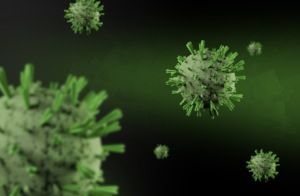News
Over a million to receive COVID-19 antibody test
This article is more than 5 years old.
With just a prick of the finger, participants will be able to find out if they have had the virus

Decorations for the tree, one hopes, not a prescient view of the Christmas yet to be (photo: maxpixels.net)
Millions of people in Denmark will be offered the chance to receive an antibody test for coronavirus, the Statens Serum Institut has announced.
Taking place over two waves, 2 million people will receive the invite, of which over half are expected to be sent a test-kit.
‘We test Denmark’
The initiative is part of the SSI’s new ‘We test Denmark’ campaign, which was launched last week in association with a number of other health bodies.
For those that take the test, they will be able to find out if they have previously been infected with coronavirus by checking for the presence of virus antibodies in their blood.
The data will provide the authorities with important information about how the coronavirus spread in Denmark, and it will help to better prepare experts in the event of future outbreaks.
Home testing
The squeamish might want to look away now, as taking the test will require you to prick your finger and place the blood sample on a small testing strip. Within 15 minutes they will be able to see whether or not the test is positive.
Leo Skov, the chief physician at SSI, told TV2 that the test is very easy to perform. But he warns that occasionally negative results can be ‘false negatives’. With tests on a scale such as this, this is only to be expected.
The first round of invites will go out in the autumn, and the second will be sent out in the new year.










































